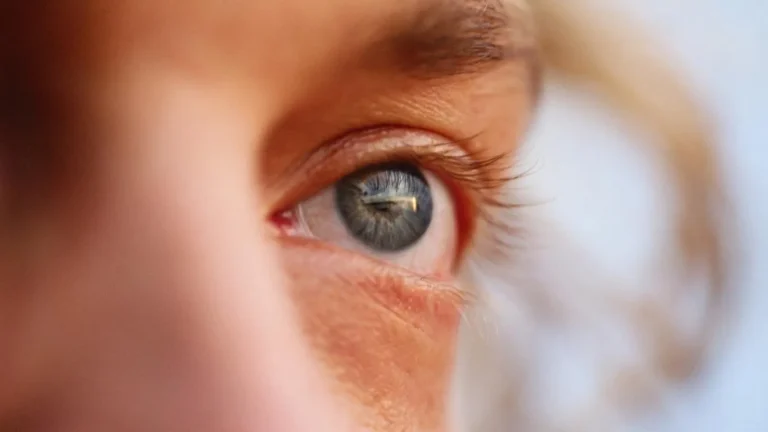Understanding Rheumatoid Arthritis: Symptoms, Causes, and Treatments
Introduction
Rheumatoid arthritis (RA) is a chronic inflammatory disorder that primarily affects the joints. Over time, the condition can lead to joint damage and, if untreated, significantly impact mobility and quality of life. Early intervention is key to managing symptoms and slowing disease progression.

Symptoms
The symptoms of rheumatoid arthritis can vary in severity. The most common symptoms include joint pain, swelling, stiffness, and fatigue. People with RA often experience stiffness, particularly in the morning. If left untreated, RA can lead to joint deformity and loss of function.

Treatment Options
There are several treatment options available for managing rheumatoid arthritis. Medications such as disease-modifying antirheumatic drugs (DMARDs) are commonly prescribed to slow the progression of the disease and reduce inflammation. Other treatments may include physical therapy, pain management strategies, and, in some cases, surgery for severe joint damage.

Living with Rheumatoid Arthritis
Although RA is a lifelong condition, people with RA can still lead active and fulfilling lives. Regular check-ups, medication adherence, and physical therapy can significantly improve outcomes. Managing stress, maintaining a healthy diet, and staying active are also important factors in living well with rheumatoid arthritis.

Conclusion
Rheumatoid arthritis is a serious condition, but with the right treatment and lifestyle modifications, individuals can manage their symptoms and improve their quality of life. Early diagnosis and treatment are crucial in preventing long-term joint damage.
References
- American College of Rheumatology. (2024). Rheumatoid Arthritis Overview. www.rheumatology.org
- National Institute of Arthritis and Musculoskeletal and Skin Diseases. (2024). Rheumatoid Arthritis: Causes, Symptoms, and Treatment. www.niams.nih.gov
FAQs
What is the main cause of rheumatoid arthritis?
The exact cause of rheumatoid arthritis is not known, but it is believed to involve a combination of genetic and environmental factors, including an autoimmune response that attacks the body’s own tissues.
Can rheumatoid arthritis be cured?
Currently, there is no cure for rheumatoid arthritis. However, treatment can help manage symptoms, reduce inflammation, and slow disease progression.
What lifestyle changes can help manage rheumatoid arthritis?
Maintaining a healthy diet, engaging in regular physical activity, and managing stress are important lifestyle changes that can help manage rheumatoid arthritis symptoms.
Disclaimer
The content in this article is for informational purposes only and should not be considered medical advice. Always consult with a healthcare professional before making any changes to your treatment plan.

Tarra Nugroho is a dedicated Nurse Practitioner with a strong foundation in family and preventive care. She brings both compassion and clinical expertise to her practice, focusing on patient-centered care and health education. As a contributor to Healthusias.com, Tarra translates medical knowledge into clear, empowering articles on topics like women’s health, chronic disease management, and lifestyle medicine. Her mission is simple: help people feel seen, heard, and informed—both in the clinic and through the content she creates. When she’s not caring for patients, Tarra enjoys weekend hikes, plant-based cooking, and curling up with a good health podcast.







